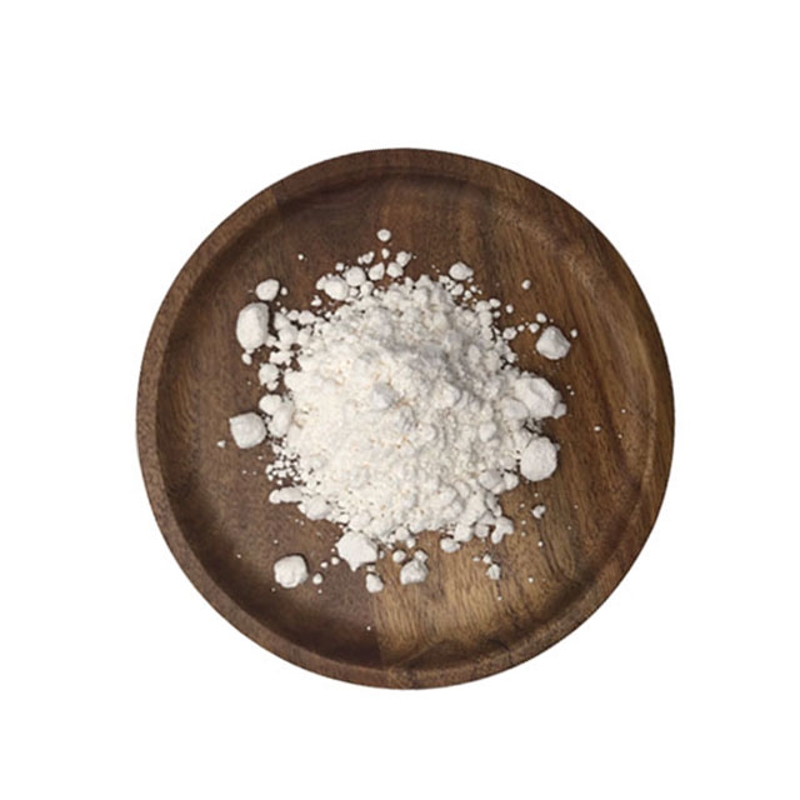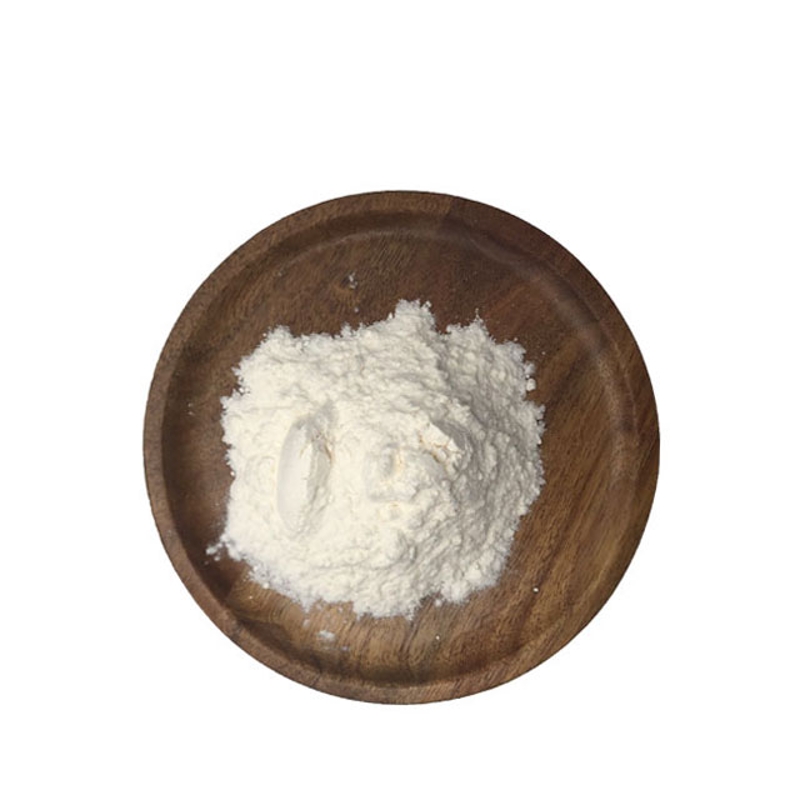-
Categories
-
Pharmaceutical Intermediates
-
Active Pharmaceutical Ingredients
-
Food Additives
- Industrial Coatings
- Agrochemicals
- Dyes and Pigments
- Surfactant
- Flavors and Fragrances
- Chemical Reagents
- Catalyst and Auxiliary
- Natural Products
- Inorganic Chemistry
-
Organic Chemistry
-
Biochemical Engineering
- Analytical Chemistry
- Cosmetic Ingredient
-
Pharmaceutical Intermediates
Promotion
ECHEMI Mall
Wholesale
Weekly Price
Exhibition
News
-
Trade Service
Immune checkpoint therapy (ICT) can produce long-lasting anti-tumor responses in various cancer types, but not all cancer patients respond to ICT therapy.
immunity
More and more evidences show that there is a link between epigenetic regulation and anti- tumor immunity , and there is a lack of clinical data on the link between genomic changes in genes related to dysregulation of transcription and the clinical efficacy of ICT.
Tumor immunity
The histone-lysine N-methyltransferase 2 (KMT2) family of proteins methylate the lysine 4 at the tail of histone H3 in the important regulatory region of the genome, thereby regulating chromatin structure and DNA Accessibility to deliver key functions is related to the occurrence, mutagenesis and immune tolerance of a variety of cancers, indicating that KMT2 may be related to the prognosis of immune checkpoint therapy.
Researchers speculate that genomic mutations in the KMT2 family may be used as predictors of the efficacy of immunotherapy.
Researchers speculate that genomic mutations in the KMT2 family may be used as predictors of the efficacy of immunotherapy.
The overall survival risk ratio of cancer patients with mutations in the KMT2 family gene compared to wild-type patients
The overall survival risk ratio of cancer patients with mutations in the KMT2 family gene compared to wild-type patientsThrough comprehensive cancer genome analysis of baseline tumor tissues in multiple patient cohorts receiving immunotherapy, the researchers found that KMT2 family gene mutations were significantly associated with better ICT treatment response in multiple patient cohorts.
KMT2 family gene mutations are significantly associated with better ICT treatment response in multiple patient cohorts.
KMT2 family gene mutations are significantly enriched in patients who respond to ICT therapy
KMT2 family gene mutations are significantly enriched in patients who respond to ICT therapySubsequently, the researchers further collected all independent ICT treatment data sets, a total of 418 patients.
KMT2 family gene mutations were significantly enriched in tumors that responded to ICT therapy (odds ratio 2.
KMT2 family gene mutations can be used as potential predictors of response to ICT therapy in many cancer patients, emphasizing the importance of genome maps in immunotherapy
Original source:
Original source:Zhang Peng,Huang Yixuan, org/10.
org/10.
1186/s13045-021-01050-0">Genomic alterations in KMT2 family predict outcome of immune checkpoint therapy in multiple cancers in this message







